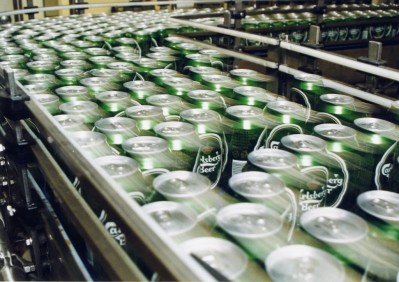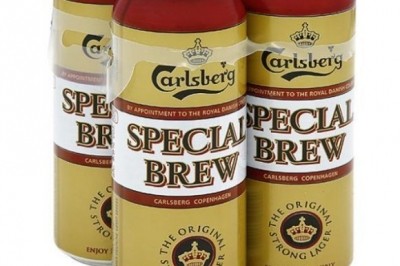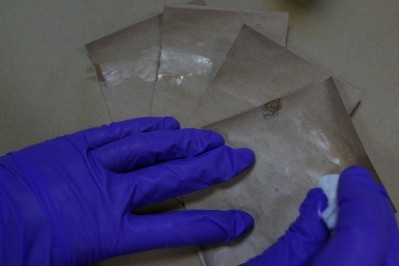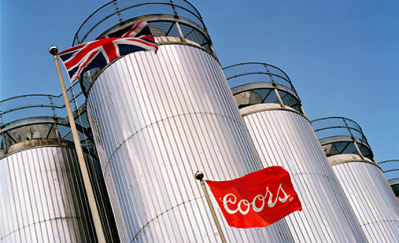Carlsberg: probably the best sustainable supplier rethink
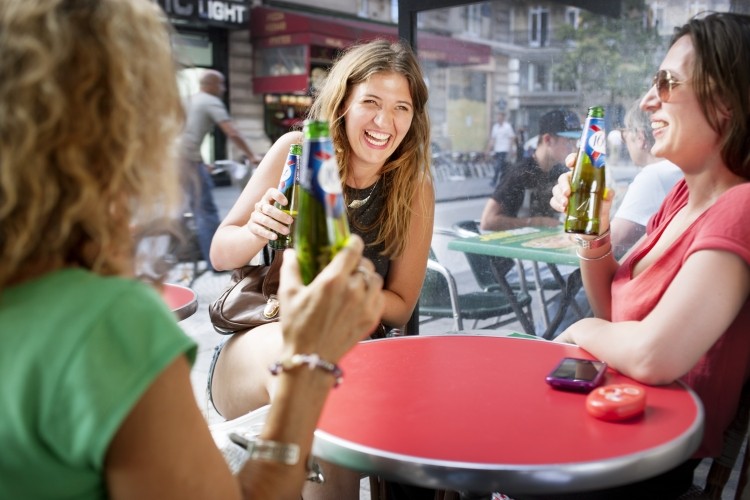
The Carlsberg Circular Community (CCC) unites suppliers O-I (glass), Rexam (aluminium cans), RKW (shrinkwrap), MeadWestvaco (paperboard), Arkema (glass bottle coatings) and Petainer (polyethylene terephthalate kegs).
Four-stage process
CCC will enter a four-stage process based on the Cradle-to-Cradle Design Framework, first formulated by consultant Michael Braungart. Senior corporate social responsibility manager for Carlsberg Group Simon Boas said: “Just taking a lifecycle perspective to a product might mean the environmental impact is low, but there is no reuse or recycling. By amalgamating this with the cradle-to-cradle perspective, you get a much more complete view of the possibilities.”
He added: “By entering into partnership, we encourage these firms to co-operate across material barriers. The latest report from the Ellen MacArthur Foundation and McKinsey, launched at Davos, said that to make the circular economy happen, collaboration is key.”
Indeed, it can be no coincidence that Carlsberg Group president and chief executive Jørgen Buhl Rasmussen was at Davos himself.
Objective
The CCC’s first stage will be the assessment and optimisation of materials. The second will involve collaborating with retailers on infrastructure and on consumer communication. The objective here is the third stage: behaviour change in the consumer. The final stage is ‘upcycling’, which might involve composting, or recycling “at the same or higher level”, Boas stated.
To the hierarchy: ‘reduce, reuse, recycle’, the CCC philosophy adds: ‘rethink’. “If you take the example of glass, weight reduction might be a part of the process, but it's not everything,” he said. “With recycled glass content, the logic is that, if we’ve optimised the material, it is worth more, and it is more likely to be collected and reused.”
